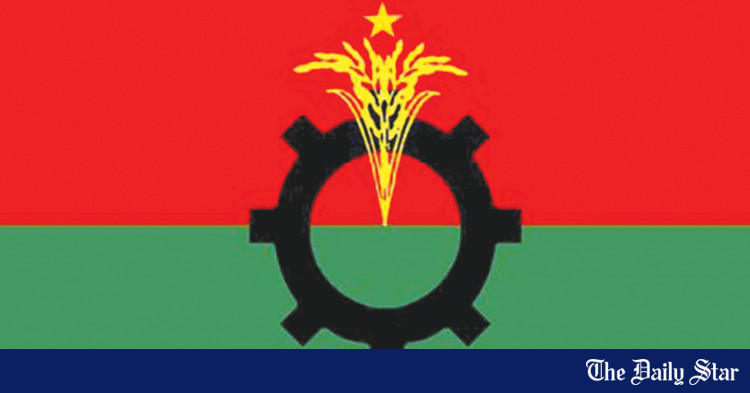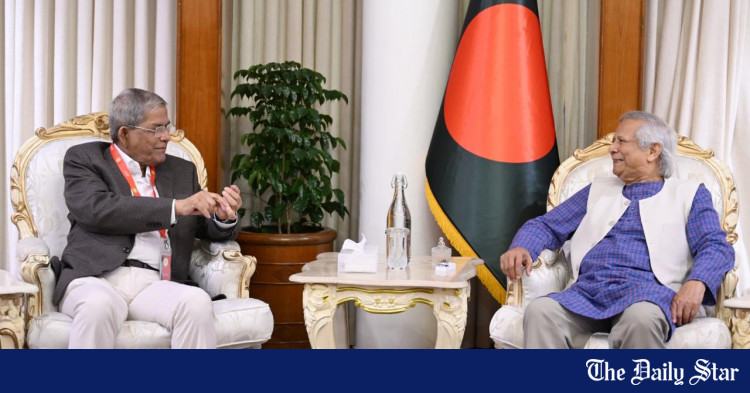Saif
Senior Operative
- 13,242
- 7,269
- Origin

- Axis Group

- Copy to clipboard
- Thread starter
- #161

BNP delegation joins national prayer breakfast in USA
A delegation of BNP joined the National Prayer Breakfast event in Washington DC, the USA on Wednesday (local time). Party’s Secretary General Mirza Fakhrul Islam Alamgir, Standing Committee member Amir Khasru Mahmud Chowdhury and acting Chairman Tarique Rahman's representative Barrister Zaim
BNP delegation joins national prayer breakfast in USA
UNB
Published :
Feb 06, 2025 10:38
Updated :
Feb 06, 2025 10:38

A delegation of BNP joined the National Prayer Breakfast event in Washington DC, the USA on Wednesday (local time).
Party’s Secretary General Mirza Fakhrul Islam Alamgir, Standing Committee member Amir Khasru Mahmud Chowdhury and acting Chairman Tarique Rahman's representative Barrister Zaima Rahman are in the delegation.
Meanwhile, they met with former South Carolina Governor David Beasley, one of the key figures of the National Prayer Breakfast Foundation.
The participation of Zaima Rahman, granddaughter of BNP founder Ziaur Rahman and current BNP chief Begum Khaleda Zia, in the national prayer breakfast event on behalf of her father Tarique Rahman added a new dimension to Bangladeshi politics.
David Beasley is a former chairman of the Republican Governors Association.
He served as executive director of the United Nations World Food Program and was awarded the Nobel Peace Prize in 2020 in recognition of his leadership in saving lives through humanitarian aid in Syria, Yemen and Afghanistan. Beasley visited Bangladesh during the Rohingya crisis.
He is currently one of US President Donald Trump's shortlisted candidates to become the next president of the World Bank.
UNB
Published :
Feb 06, 2025 10:38
Updated :
Feb 06, 2025 10:38
A delegation of BNP joined the National Prayer Breakfast event in Washington DC, the USA on Wednesday (local time).
Party’s Secretary General Mirza Fakhrul Islam Alamgir, Standing Committee member Amir Khasru Mahmud Chowdhury and acting Chairman Tarique Rahman's representative Barrister Zaima Rahman are in the delegation.
Meanwhile, they met with former South Carolina Governor David Beasley, one of the key figures of the National Prayer Breakfast Foundation.
The participation of Zaima Rahman, granddaughter of BNP founder Ziaur Rahman and current BNP chief Begum Khaleda Zia, in the national prayer breakfast event on behalf of her father Tarique Rahman added a new dimension to Bangladeshi politics.
David Beasley is a former chairman of the Republican Governors Association.
He served as executive director of the United Nations World Food Program and was awarded the Nobel Peace Prize in 2020 in recognition of his leadership in saving lives through humanitarian aid in Syria, Yemen and Afghanistan. Beasley visited Bangladesh during the Rohingya crisis.
He is currently one of US President Donald Trump's shortlisted candidates to become the next president of the World Bank.










